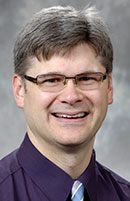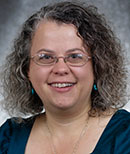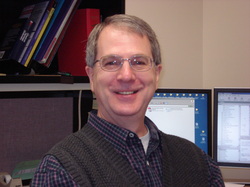The Scottish explorer and abolitionist Dr. David Livingstone was immortalized by the words fellow explorer Henry Morton Stanley uttered on a chance encounter in Tanzania in 1871: “Dr. Livingstone, I presume?”
As it turns out, Livingstone was not quite as historians have presumed.
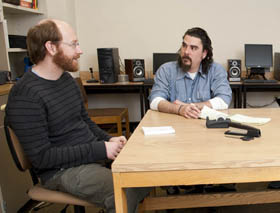 A team of experts led by IUP’s Adrian Wisnicki, assistant professor of English (left, photo), has used spectral imaging to recover text from Livingstone’s original journals that disputes the edited official journals and helps historians to know the REAL Livingstone.
A team of experts led by IUP’s Adrian Wisnicki, assistant professor of English (left, photo), has used spectral imaging to recover text from Livingstone’s original journals that disputes the edited official journals and helps historians to know the REAL Livingstone.
On February 29, 2012 at 5:30 p.m., Wisnicki and his team, which includes two scientists and IUP doctoral student A.J. Schmitz (right, photo), will present a panel discussion on how they recovered the text from the original journals.
This will be the first time the team presents about the project in the United States. When they presented their findings in November in England, they made international news headlines.
“The Livingstone Spectral Imaging Project: Behind the Scenes” panel discussion is free and open to the community. It will be held in the IUP Libraries (ground floor).
In 2009, Wisnicki, who specializes in British literature, found pages from Livingstone’s original diary in an unmarked box in Scotland. He worked with a team of scholars, including Roger L. Easton Jr. from the Rochester Institute of Technology and Mike Toth from R.B. Toth Associates, to make the original journal pages legible. Easton and Toth will speak as part of the panel at IUP.
Wisnicki compares the technology they used to the science in the movie National Treasure, in which Nicholas Cage recovers the “real” Declaration of Independence.
Of course, the science to recover the Livingstone journals is real.
As a great story in Pittsburgh Post Gazette notes, “Besides providing scholars with new information about Livingstone’s adventures, reactions and comments about African culture, the project also advertises the potential of spectral imaging to transcribe illegible manuscripts written on paper, parchment, animal skins or other surfaces.”
“It’s been an extremely exciting project, not only because of what we have learned about Livingstone, but because of how technology and science have helped us to make this discovery,” Wisnicki says.
At noon on Wednesday, March 1, the day after the panel discussion, Easton will present a program in the IUP Libraries about his work to recover text written by the philosopher and scientist Archimedes.
In addition to teaching, Wisnicki is codirector of IUP’s Center for Digital Humanities and Culture. He believes that his work with the Livingstone journals fits into the work being done by the center.
“Projects like this show the importance of centers like this, recognizing that technology is part of academic work across all disciplines.”
It’s especially exciting to see how experts from the humanities and sciences, by working together, literally rewrite history.

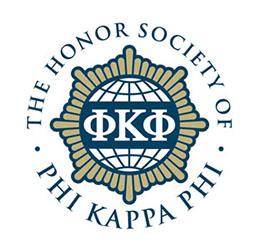 Phi Kappa Phi, the oldest, largest, and most selective all-discipline honor society in the nation, honored its IUP chapter as a “Chapter of Excellence” in November.
Phi Kappa Phi, the oldest, largest, and most selective all-discipline honor society in the nation, honored its IUP chapter as a “Chapter of Excellence” in November.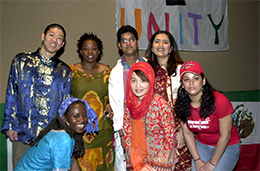 The Spring semester
The Spring semester 
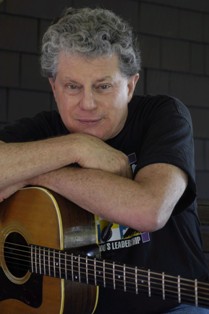 Internationally known folk singer and songwriter
Internationally known folk singer and songwriter 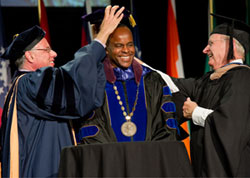
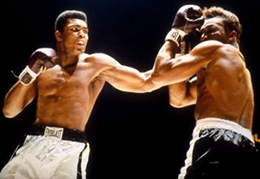
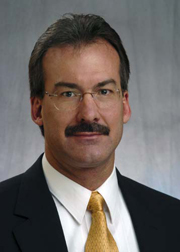 If you think the voice on the radio sounds familiar, you’re probably right.
If you think the voice on the radio sounds familiar, you’re probably right.